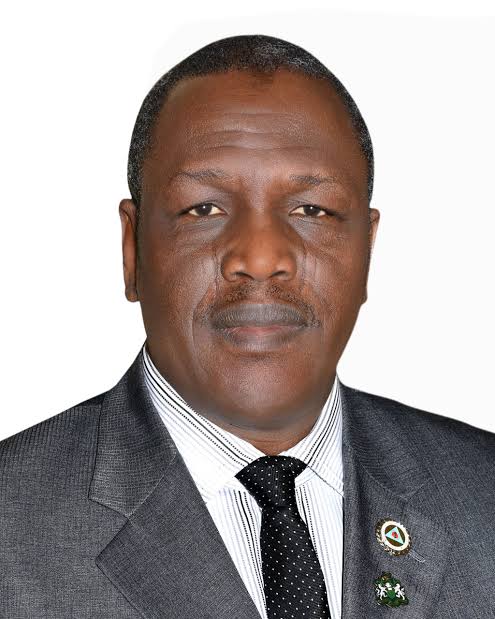BY ANTHONY OCHELA
Director-General of Nigeria Army Resource Centre, Major-General Ayodeji Wahab (rtd) has called for concerted efforts by all stakeholders to address the debilitating security situation which is stunting national development.
Wahab made the call on Tuesday in Abuja while speaking at the second edition of the National Security Summit with the theme, ‘Insecurity and the Nation, the Journey Thus Far,’ organised by Green Assembly Initiative in collaboration with other youth organisations.
He noted that though insecurity is a global problem and being experienced in all regions of the world, the solution for Nigeria must be local because of its peculiarities.
The guest speaker blamed Nigeria’s peculiar problem on cultural differences like ethnicity, religion, education, perception of marginalisation and activities of the political elite.
According to him, the political and security structure is not helping matters, as all powers and security apparatus are centralised and the number of security personnel like the police is inadequate for the population of the country.
He also pointed out that the judicial system lacks utilisation of modern technologies to speed up trial processes resulting in delay in justice delivery, while accused persons are detained at correctional centres awaiting trial.
On the way forward, Major-General Wahab insisted that security must be everybody’s business and stakeholders must engage more to address its challenges, noting that the country’s security architecture must be devolved to enable federating states be actively involved.
He said social justice and fairness must also be strengthened so that all regions, groups and ethnic differences will be considerably mitigated and perception of marginalisation addressed.
Also speaking, Minister of Youth Development, Ayodele Olawande lamented that insecurity would continue to be a problem if politics remain driven by inordinate ambition rather than the aspirations of the people.
The minister also pointed out that another factor pushing insecurity is rural-urban drift where youths leave rural areas where there are resources to urban areas where there are none, thereby fuelling vices like crime.
Earlier in his remarks, the convener of the summit and Chairman of Green Assembly Initiative, Comrade Duke Alamboye lamented the multifaceted security challenges facing the country.
“From insurgency in the North East to communal clashes, kidnappings and the alarming rise in cybercrimes, our security landscape has been complex and evolving,” he said, adding that the theme of the summit calls for critical reflection of the past, evaluate the present and strategise for a more secure future in the country.
In the face of these challenges, Alamboye said security agencies have demonstrated unwavering commitment and bravery, adding that the armed forces, Nigeria Police Force, Department of State Services and the National Intelligence Agency have been at the forefront, working tirelessly to protect the sovereignty of the country and citizens.
“By directly engaging citizens in reporting suspicious activities, the initiative has fostered a sense of collective responsibility and vigilance among the populace. This proactive engagement has led to increased arrest and prosecution, thereby enhancing public confidence in our security apparatus”, he said.
He proposed the establishment of a network comprising ten youth representatives in each 774 local government areas to create a cohort of 7,740 vigilant youths, serving as the eyes and ears of their communities, facilitating real-time information flow to our security apparatus.
He also proposed a convention of zonal security summits across the six geopolitical zones this year.
These summits, he said, would serve as platforms to dissect region-specific security issues, share best practices and develop localised solutions, ensuring that our national strategy is inclusive and effective.





